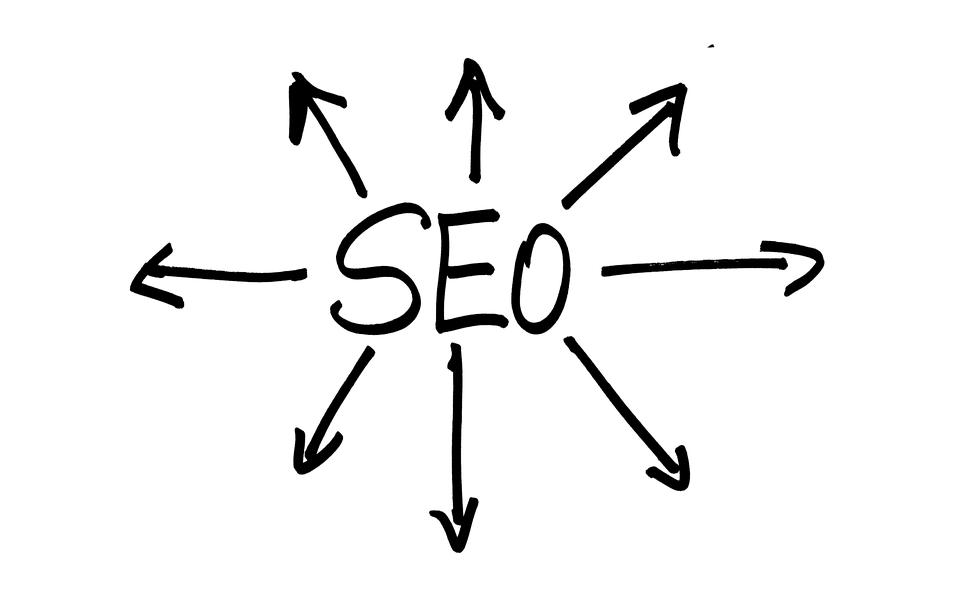SEO is defined as the strategies used to increase the traffic to the website by obtaining high-ranking in the Search engine results page. In order to start a successful SEO campaign, the person should clearly know what is he up to and from where should he begin.
Here are some common mistakes made before SEO campaign which the beginners should avoid:
Ignoring the On-page SEO Audit:
On-page SEO involves many factors such as Keyword, Meta Descriptions, and Title Tags. These factors are used to inform the search engine that what is the content about. If the SEO person ignores the inspection of any of these factors, the website will fail to attain a high rank. Before starting the SEO strategy, the person should carefully examine the On-page factors given below:
Keywords: Relevant Keywords hold a vital role in SEO strategy. Overstuffing of Keywords happens due to lack of proper research. Instead of overstuffing, the beginners can make use of keywords with medium competition and long-tail keywords.
Meta Descriptions: Many beginners tend to ignore the power of Meta descriptions in website ranking. The Meta description should be correctly optimized and of the correct length (not more than 155 characters) in order to attain the maximum rank.
Title Tags: Writing lengthy titles is another mistake which is frequently made by beginners. The title tag should not be more than 70 characters. The title tag is only shown up to 70 characters in the search engine and the excess ones are hidden. The too-long title tags create a bad impact on the CTR SERP which inevitably decreases the click rates.
Read More: SEO For Dummies
Not Examining the Content:
It’s another big mistake made by beginners. The beginners should audit the already present content through Google Analytics or Webmaster tools to identify the organic pages which are receiving high traffic. Moreover, the audience looks forward to fresh and high-caliber content each day. If the person publishes the content once in a month with poor quality, he will eventually lose the trust of his fans. Apart from publishing the quality content, the content must be relevant to the product and the targeted audience to naturally attract them.
Doing SEO on the own:
Many marketing professionals believe that they can manage SEO on their own. But in reality, SEO is a full-time job which requires the advanced knowledge of changing algorithm, current trends, and successful strategies. The SEO professional is on the top of trends and is quite aware of how to deal with possible consequences. If the website owner doesn’t have enough time to monitor the website then he should look forward to hiring an expert service such as SEO service.
Not Using the Google Analytics for Audit:
Google Analytics is a free way to examine the results of the website. Before starting SEO strategy, an individual need to analyze the traffic received by his website and its source. It is an imperative step because it tells the significant and simple adjustments which can lead to increased traffic. But unfortunately, many beginners don’t pay attention to Google Analytics.
Neglecting the Link Profile Audit:
If an individual is planning to do SEO, he first needs to consider the link profiles by performing the audit. Many of the beginners fail to do so. It basically involves the review of all the inbound links which are pointing to the website. If a low-quality link is identified from a website then it immediately has to be removed by contacting the website’s owner.
Everyone makes mistakes. But instead of repeating them, the person should strive to learn from them. Moreover, if an individual residing in Pakistan is uncertain about giving the proper attention to SEO strategy, he must look forward to an SEO service in Pakistan.
Read also:






















